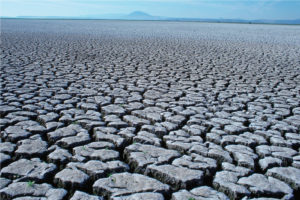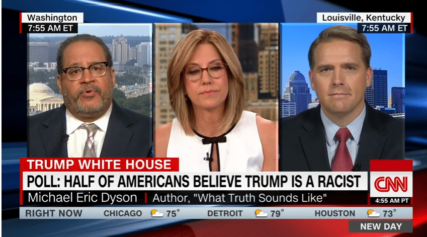I don’t know what the weather will be like by the time that you read this piece, but let me tell you that it is VERY unsettling when the temperature is 70 degrees and spring-like one day, knowing that the temperature will drop more than 30 degrees within 24 hours and be accompanied by a snowstorm. It is especially unsettling when the chief executive officer of the United States suggests that there is no such thing as climate change.
This has been a particularly odd winter in the northeast. Actually, it has been peculiar nationally. Rain, instead of snow; erratic jumps and declines in temperature; massive snowstorms in formerly drought-stricken regions; and a few tornadoes. All of this is symptomatic of what scientists call “climate change.”
Many of us became confused when the term “global warming” was first used, in part because we thought that it meant the temperature everywhere on planet Earth would rise. That is not the case. What is the case is that, overall, the Earth’s temperature is increasing, but with this, there are dramatic shifts in the climate. In some cases, such shifts are resulting in disastrous climate events, e.g., Hurricane Sandy.
The Pentagon has been studying climate change for quite a while because it admits to being concerned about the impact of the environmental crisis on national security. With the threat to the actual existence of island nation-states as well as the coastal regions of low-lying countries, e.g., Bangladesh, there is a likelihood that already historic mass migrations will not only continue but increase in scale.
Contrary to what President Trump thinks, climate change is not a hoax created by the Chinese government in order to undermine the U.S. economy. The overwhelming majority of scientists not only acknowledge climate change but insist on the multiple dangers inherent to it. For this reason, there have been repeated calls for government action to address fossil fuel usage and air pollution, as well as the transition of the economy toward the production of goods and materials that are hospitable toward planet Earth rather than hostile.
The bottom line is simple. If humanity wishes to leave the 21st century in civilized fashion, it will need to address climate change and environmental disaster. This is not something that planet Earth will take care of on its own. Addressing climate change and environmental disaster means government action, including economic planning. Environmentally hostile industries that employed workers for decades, if not centuries, e.g., coal mining, will need to be replaced and the workers in those industries will need to be assisted in finding new opportunities to work and learn. We cannot afford to put those workers out to pasture, but we also cannot sit back and resist change because of fear.
We have to be able to breathe in order to work. We will need to be able to drink clean water in order to exist. You get the picture.
——————————————————–
Bill Fletcher, Jr. is the former president of TransAfrica Forum. Follow him on Twitter @BillFletcher, Facebook and at www.billfletcherjr.com.



